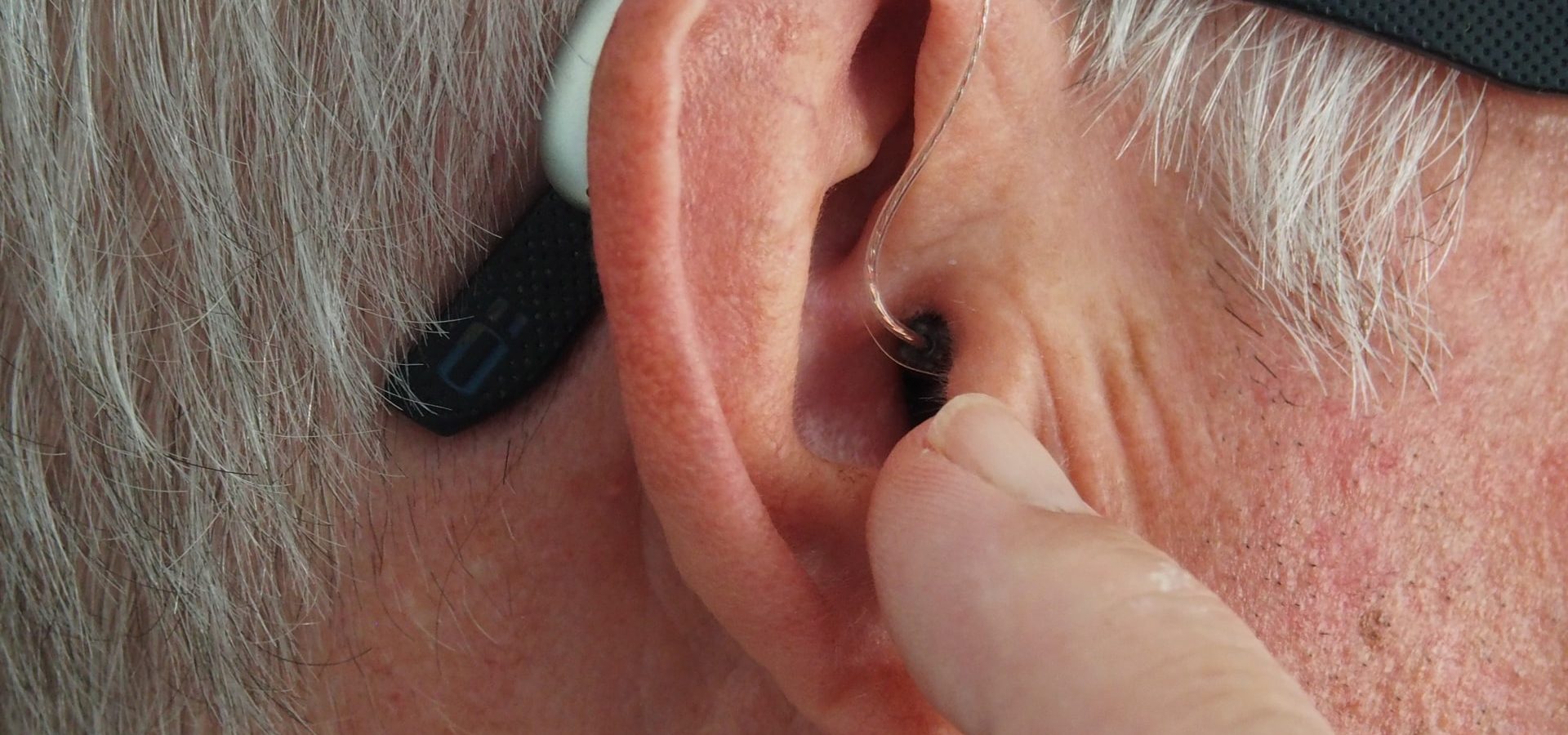Menu

Temporomandibular joint disorder or TMD may not quite ring a bell, but it can cause some ringing in your ear. Yes, it’s a mouthful, and many people aren’t aware of it, but it may have a significant influence on your overall health, especially your ears.
We’ll go over all the specifics in this article so you can avoid it and take care of your ears.
What is the Temporomandibular Joint?
The temporomandibular joint (TMJ) connects your jawbone to your skull and functions as a sliding hinge. Each side of your jaw has one joint that allows you to move your jaw up and down and side to side so you can talk, chew, and yawn.
How Can It Affect Your Ears?
The TMJ is positioned on the lateral part of the face, prior to the tragus of the ear. Because it is so close to the ear, many TMJ symptoms manifest themselves in the ears. For example, if you have a temporomandibular joint disorder (TMD), ringing in the ears or tinnitus, reduced or muffled hearing, ear discomfort, popping or clicking noises when the jaw is moved, and pressure inside the ear are all common symptoms. The severity of your TMD will determine how great of an impact it can have on the ears.
What Is TMD?
This condition affects not only your jaws but also your hearing. But what is it, exactly?
TMD can cause discomfort in the jaw joint as well as the muscles that regulate jaw movement. It’s tough to pinpoint the specific source of the discomfort, although it might be a mix of different elements. Genetics, arthritis, and a jaw injury are just a few examples. Some patients with TMD clench their jaw or grind their teeth at night, as well.
What Can TMD Do To Your Hearing?
The full extent of TMD’s effect on hearing is currently unknown. The eustachian tubes in the ear are believed to become blocked as a result of inflammation or pressure generated by the TMJ. Hearing loss or tinnitus can occur if these tubes cannot adequately drain fluid from the middle ear. If left untreated, these conditions can lead to more serious issues such as inner ear damage and long-term hearing loss.
How Can I Prevent It?
Because the origins of TMD are unknown, the best course of action is to treat the pain and manage your symptoms. There are several things you may do to treat TMD symptoms on your own.
To reduce muscular discomfort and swelling, one option is to use over-the-counter nonsteroidal anti-inflammatory medications such as naproxen or ibuprofen. You can also apply heat or cold packs to the afflicted area for about 10 minutes and avoid big jaw movements such as yawning, screaming, singing, or heavy chewing. Additionally, consume soft meals, avoid resting your chin on your palm, and keep your teeth slightly apart to relieve strain around your jaw.
Conclusion
Our hearing is one of those things that we take for granted, not understanding that it may be affected by a variety of situations. If you feel any discomfort that you believe might have a serious impact on your ears, see your doctor right away. A doctor or dentist can usually detect TMD through a physical examination, but if a person complains of ear fullness, hearing loss, or tinnitus, an audiologist or ENT may suspect a TMJ condition.
Perhaps you want to take a hearing test at a hearing aid clinic near you. At Beltone Hearing Centre in Langley and Abbotsford, we take an approach to ear care that no other company can match. It’s based on connecting with you and understanding what you enjoy in life and what’s important in a healthcare partner. Book an appointment today!
Share Post
Facebook
Twitter
LinkedIn
Email
Reddit
Pinterest
